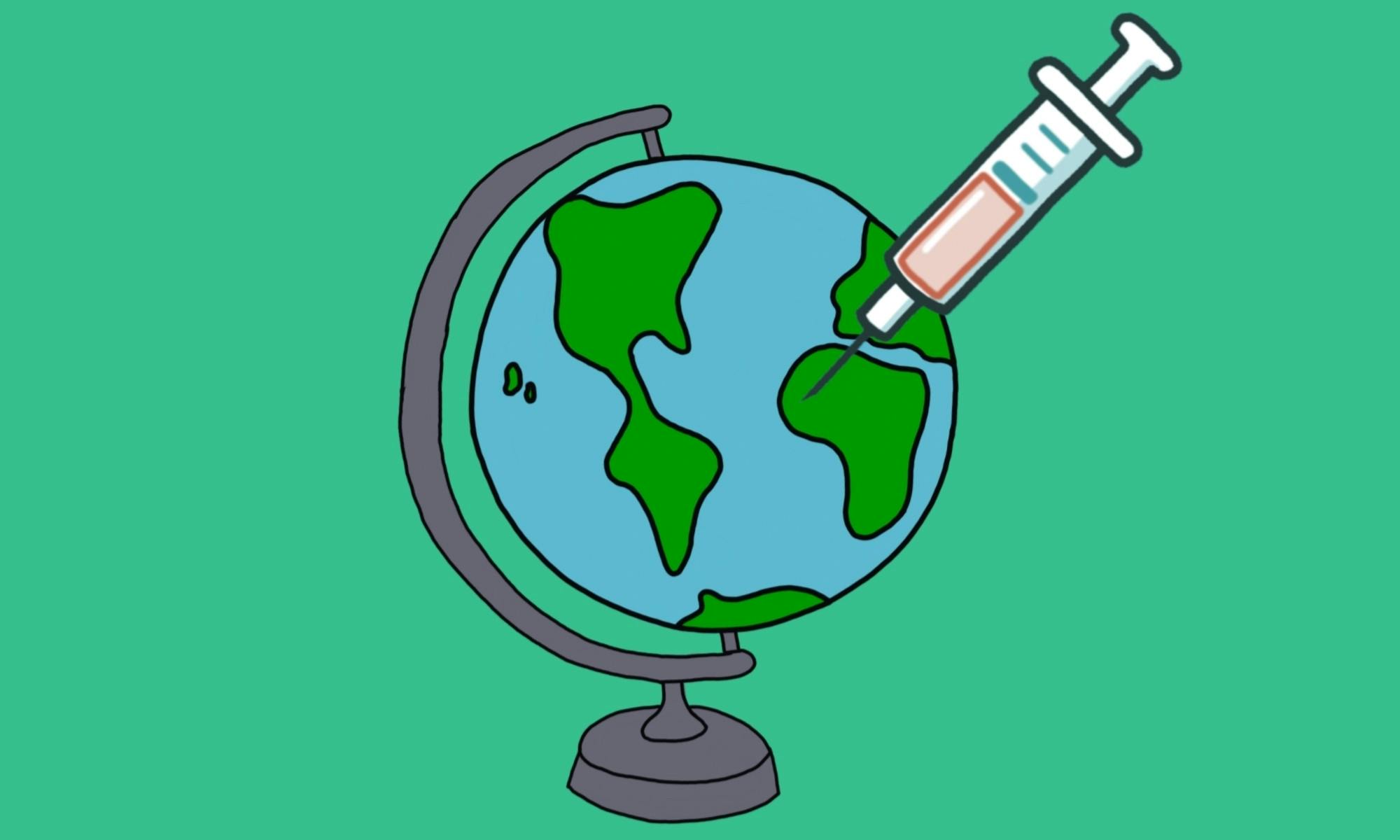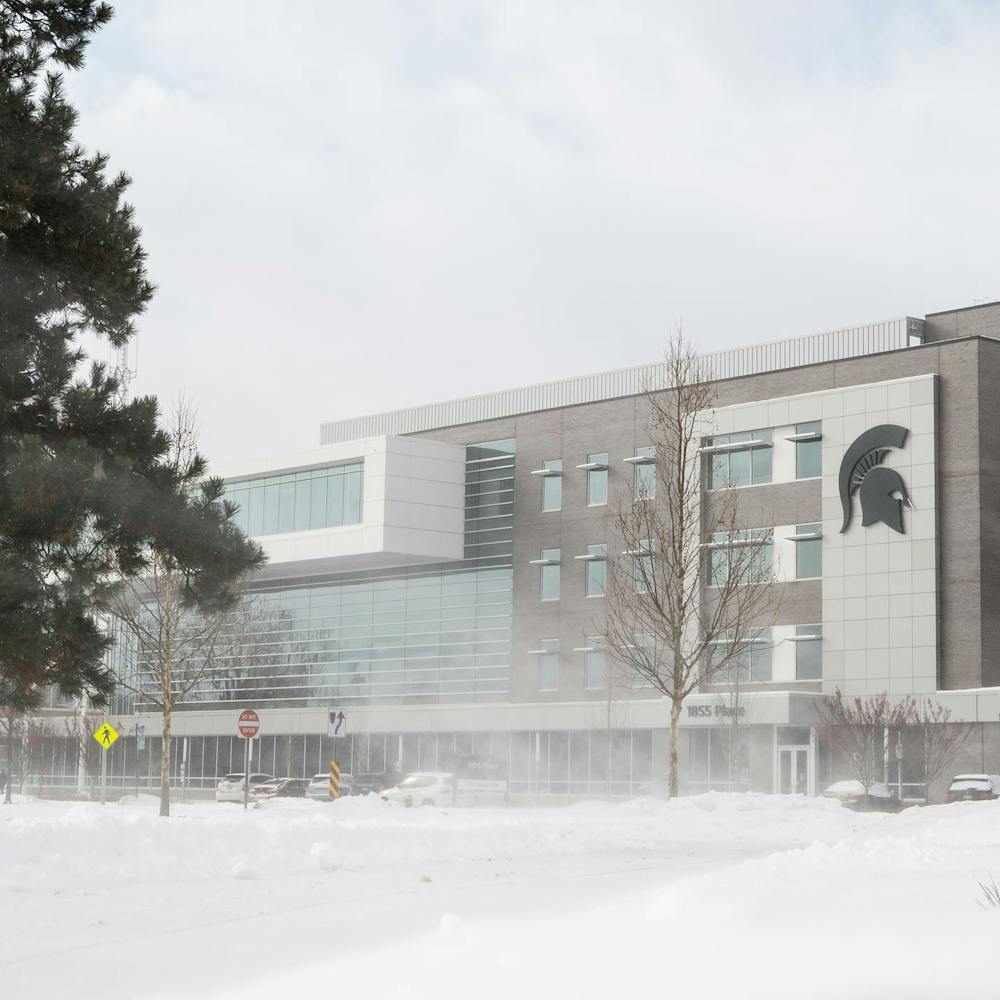The United States has about 56.5% of its population fully vaccinated against COVID-19. The entire continent of Africa, on the other hand, currently has 4.4% vaccinated.
The disparity in these numbers of vaccinated individuals is because the U.S. and other wealthy western countries, such as the United Kingdom, France and Canada have all bought large quantities of the Western-made vaccines.
Assistant professor in the Division of Public Health Constance Currier said the western nation that has vaccinated near 70% of their population is great for those nations, but it is not helpful on a global scale.
“We live in a global community,” Currier said. “Diseases travel fast and those mutations are going to occur in India or wherever those large populations centers are, where lots and lots of people are in close quarters. ... We think we’re all protected but we’re really not.”
Many countries, including the U.S., have started to administer booster shots to their vulnerable populations, including adults 65 years and older and younger adults with underlying medical conditions. Mohamed Satti, a professor at the Division of Public Health at the College of Human Medicine, said this is not ethical for governments to do.
“Going for a third shot, when some people, they have not even been able to get a single shot—yeah I don’t think that’s ethical,” Satti said.
In Pakistan, 30 percent of the population is half-vaccinated and 15 percent is fully vaccinated. Comparative cultures and politics junior and Pakistani-American Nadir Hamid said that many of the wealthy Pakistanis have been able to get vaccinated but poorer populations have not.
“Wealthy communities in Pakistan are all getting vaccinated, they’re taking their precautions and everything as well,” Hamid said. “That leaves the less fortunate populations in Pakistan to fight for a chance to get the vaccine.”
A factor that many Americans don't consider when it comes to global vaccine administration is there are a dozen other vaccines for COVID-19 that the U.S. has not approved. Russia has made the Sputnik V vaccine, China has a handful of vaccines, and various other countries have developed their own. Many of these vaccines have been administered worldwide, particularly Chinese vaccines.
Pakistan has turned to China to supply some of its vaccines. Hamid said his family in Pakistan is vaccinated by the AstraZeneca vaccine and the Sinopharm vaccines. He thinks that some of the stigmas about Western vaccines, such as Pfizer-BioNTech, Moderna and Johnson & Johnson, occur because so many Western countries think their vaccines are superior to others.
China is not only working with the Pakistani government, but it is supplying vaccines to more than 100 countries. Satti said he thinks the U.S. is losing ground to poorer countries because international aid has been reduced significantly and other countries are turning to China.
“In the absence of the USA, the people there, they have no other choice,” Satti said. “So they will go to China.”
Currier said that the “America first attitude” undermined the State Department globally.
“We lost a lot of senior-level State Department and USAID administrators,” Currier said. “Our foreign affairs and our foreign policy and how we worked around the world was really just demolished during that time.”
Additional repercussions for not administering the vaccine throughout countries have a deadly range. Both Currier and Satti said they were worried the virus would mutate into a variant for which the current vaccines do not cover.
“If you're asking what is the impact of not having access to the vaccine, then I would say excess mortality,” Currier said.
Support student media!
Please consider donating to The State News and help fund the future of journalism.
Discussion
Share and discuss “The state of the world's vaccination effort” on social media.







